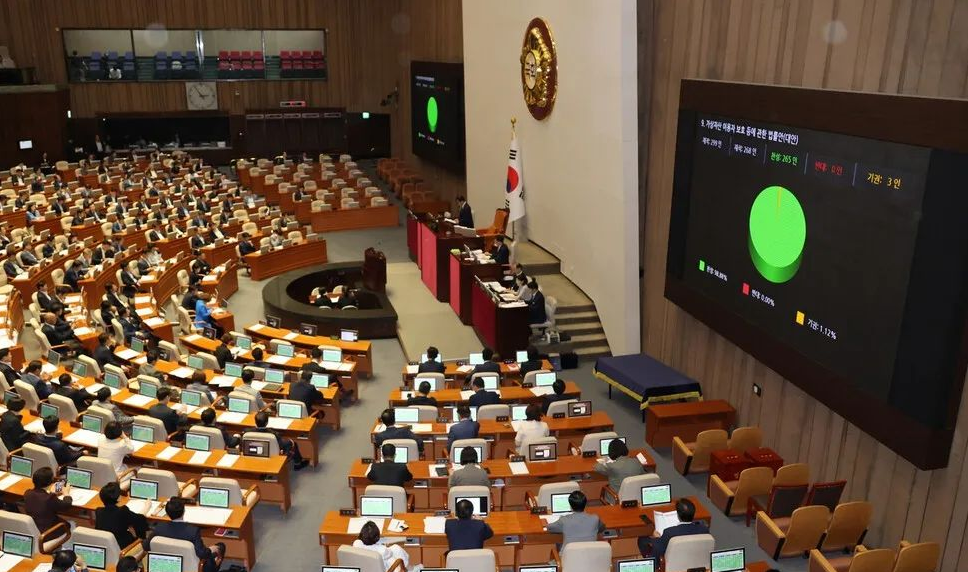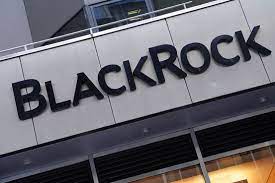The BSV incident observation shouted for 10 years of "decentralization" slogan, and the encryption community went back to liberation overnight?
In the place where many cryptographic punks failed, Bitcoin founder Satoshi Nakamoto succeeded. He wanted us to get rid of the shackles of centralization and move toward something better—decentralization. The idea of Bitcoin or its underlying technology is to get rid of centralization and censorship and move towards decentralization, where transactions are not subject to censorship and people will have financial freedom. The birth of Bitcoin gave birth to a community with a similar decentralization concept and laid the foundation for this community, but does this community still have these values?

Image source: unsplash
A series of events in the encryption community now raise questions about whether we are returning to the original point.
- What is the mentality of those who have announced their withdrawal but insist that they are still optimistic about Bitcoin?
- Before the second crowdfunding of Pokka Polkadot, talk about why Poca is so hot!
- Deng Jianpeng: Blockchain should promote international regulatory cooperation in a timely manner
The currency is safe to decentralize this topic
Due to the lawsuits of Craig Wright and Calving Ayre, the encryption community on Twitter faces a crossroads. The campaign sparked a lot of heated discussion and led to the delisting of Bitcoin SV (BSV) on several exchanges. Bin Chang’s CEO, Zhao Changpeng (CZ), expressed his views on the matter on Twitter:
"CSW is not Nakamoto, we have had enough of this garbage, and we have off the BSV!"

After this tweet from CZ, BSV was removed from Binance. Other exchanges such as Shapeshift, Kraken, BitForex, Bitrue, Bittylicious have also followed suit. Yes, the behavior of CSW is questionable, but in the field of cryptocurrency, is the BSV off the shelf legal?
Yes, there is also the fact that most community members want the exchange to delist the BSV, but from a “decentralization” perspective, does this move raise questions about the censorship system? What is the difference between the examiner’s bank and the financial institution? The difference between these institutions and “we” is that we are moving towards decentralization. But are we really like this?
BitMEX fiasco
Not long ago, bitcoin exchange BitMEX, known for its Bitcoin perpetual contract, was accused of trading with customers. Considering BitMEX's huge contribution to Bitcoin's liquidity, this is a problem when the current face this allegation. Hasu's media blog published an article "The Biggest Bitcoin Exchange is Brewing a Storm" to outline the possible fraud of BitMEX. The blog explains how BitMEX hides its department of doing market-making (BitMEX) Clearly stated that it has a market-making department).
The blog says:
“Although BitMEX acknowledges that the department is a for-profit operation, they claim that their profits are not from transactions. According to them, the goal of this department is to protect the capital… from the fees paid by the main services… unfortunately, no The approach to verifying this business model for customers, BitMEX has never externally audited its business structure."
In addition, the blog also questioned whether the market-making department adhered to the same “rules” as everyone else and whether it created an unfair advantage for exchange customers. In addition, the blog emphasizes the important implication that the department may have the right to obtain privileged information on the clearing point, which will trigger the “clearing chain” by issuing a large number of buy or sell orders to help the sector drive the market. However, BitMEX explicitly denied providing privileged information to the department.
Binance's “Decentralized” Exchange and Binance Chain
Binance announced that they will launch a new public blockchain "Binance Chain" main network, users can migrate their ERC20 tokens to Binance Chain. In addition, the Binance Decentralized Exchange (DEX) will be powered by the “Binance Chain”, which will be a decentralized exchange, but according to a personal developer and bitcoin enthusiast, the source of Binance DEX and Binance Chain The code or binary has not been released yet.

To make matters worse, The Block's Larry Cermark said on Twitter that Binance quietly changed their white paper and removed the terms of the company's 20% profit repurchase of BNB.
So, are we really decentralized?
Although the encryption community attaches great importance to “decentralization”, its “temperament spirit”, and how bitcoin becomes a “sovereign currency” and other cryptocurrencies toward “anti-censorship”, considering that the exchange must play “ The role of the king of the king, it still does not really achieve this. However, if the above "events" happen again, are we really decentralized?
We will continue to update Blocking; if you have any questions or suggestions, please contact us!
Was this article helpful?
93 out of 132 found this helpful
Related articles
- Forced crude oil, stock index, BTC won the best investment target in the first four months of this year
- The result of 1 million US dollars is handed over! Ernst & Young (EY) Releases Ethereum Blockchain Software
- Focus on KeyShard PlatON algorithm scientist Xie Xiang live premiere
- Japan: A manual on cryptocurrency regulatory proposals has been developed and will be submitted to the G20 Summit Leader
- Network effect of the encryption market
- In the future, how much can a bitcoin be worth?
- Block value limitation of blockchain expansion scheme






